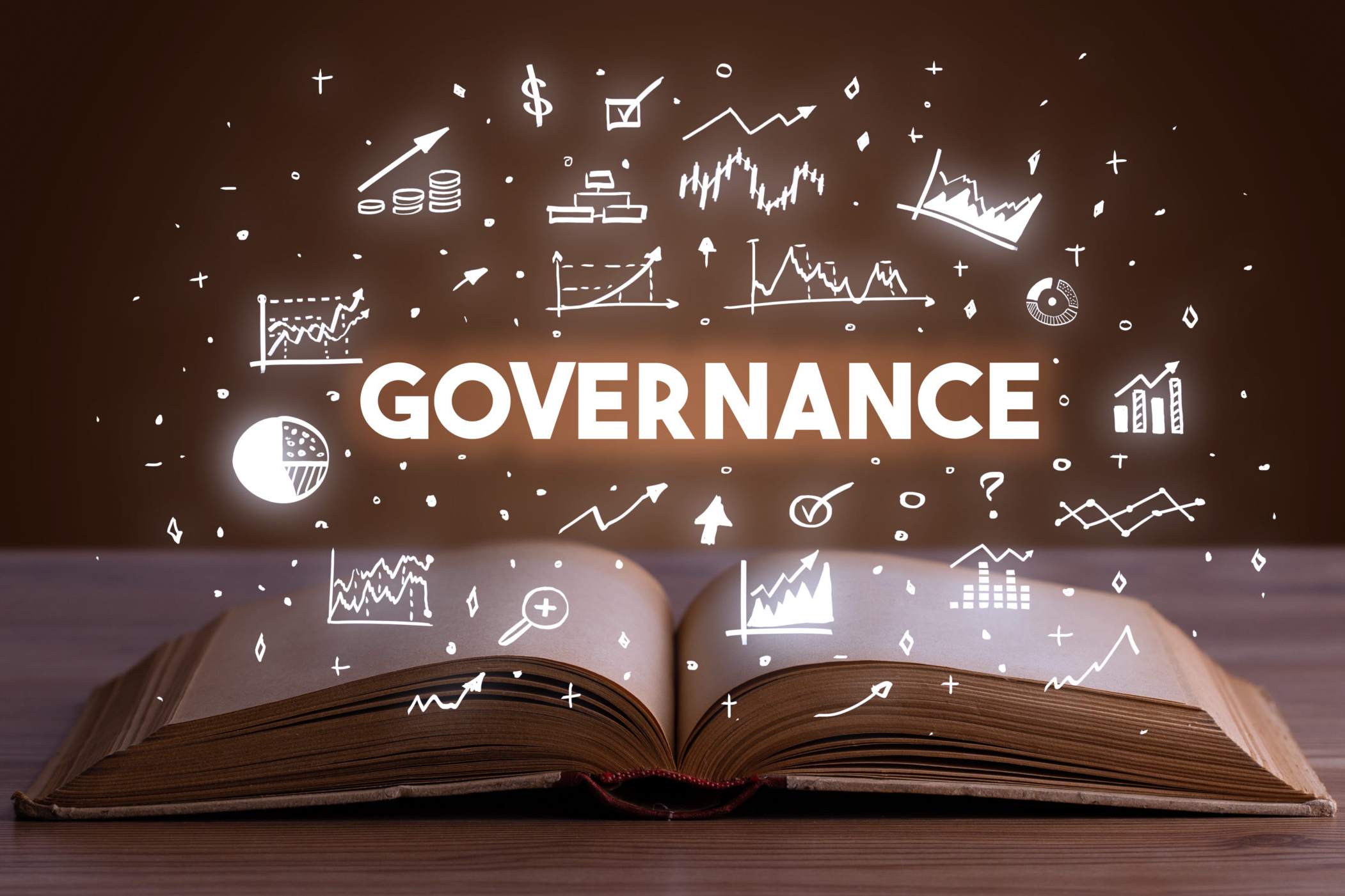
This is our second post on Georgetown Law’s annual nonprofit governance conference held virtually last week – 2021 Nonprofit Board Governance: Identifying Issues, Assessing Effectiveness, Managing for Organizational Success. Here are more highlights from Day One:
The Board’s Role
Anne Wallestad, CEO of BoardSource, discussed the role of the board of directors of a nonprofit and the ingredients and practices around board oversight:
There are three essential components to the board’s role:
- Setting direction and strategy
- Ensuring resources
- Providing oversight
Oversight ingredients:
- Board composition focused on independence and all of the board’s functions
- Appropriate board size
- High standards for director attendance and preparation
- Committee structure that can lead focused oversight work (e.g., finance committee, audit committee)
Oversight practices:
- Conflict of interest
- Whistleblower
- Full board review and approval of Form 990
- New director orientation
- External audit and executive session with auditors
- Annual CEO evaluations
- Executive sessions (directors only)
- Regular board self-assessments
Top 10 Board Governance Deficiencies
Matthew R. Elkin (Morgan Lewis) and Michael Peregrine (McDermott Will & Emery) discussed, among other things, the following board governance deficiencies:
- Insufficient constructive criticism (to respectfully press issues or independently raise troubling questions) – excessive deference to management (directors may overly defer to the executive(s) to establish board agendas, identify director nominees, indirectly determine or influence executive compensation, determine the organization’s risk profile, and select key advisors and outside auditors)
- Failure to regularly and rigorously evaluate board, committee, and individual director performance/effectiveness (in ways that identify areas for improvement and result in calendaring and monitoring of execution of action items to drive continuous improvement/effectiveness in areas including culture and how the board gets information)
- Insufficient information
- Board size, composition, skillsets are misaligned to mission
- Inadequate succession planning
- Inadequate strategic planning
- Failure to assure adequate legal and compliance controls over organization
- Inadequate focus on maintaining board control in majority of independent directors
- Inadequate conflicts of interest, board ethics policies and procedures
- Unwillingness to discipline directors who are underperforming, who are conflicted or who present indications of unfitness to serve
Additional Resources
Georgetown Nonprofit Governance: Where Was the Board?
Nonprofit Boards: Duties And Responsibilities
BoardSource – Fundamental Topics of Nonprofit Board Service – Roles and Responsibilities
Corporate Governance Resources for the General Counsel (including Key Agenda Items for Board Committees: A Briefing for Governance & Executive Leadership (edited by Michael W. Peregrine))